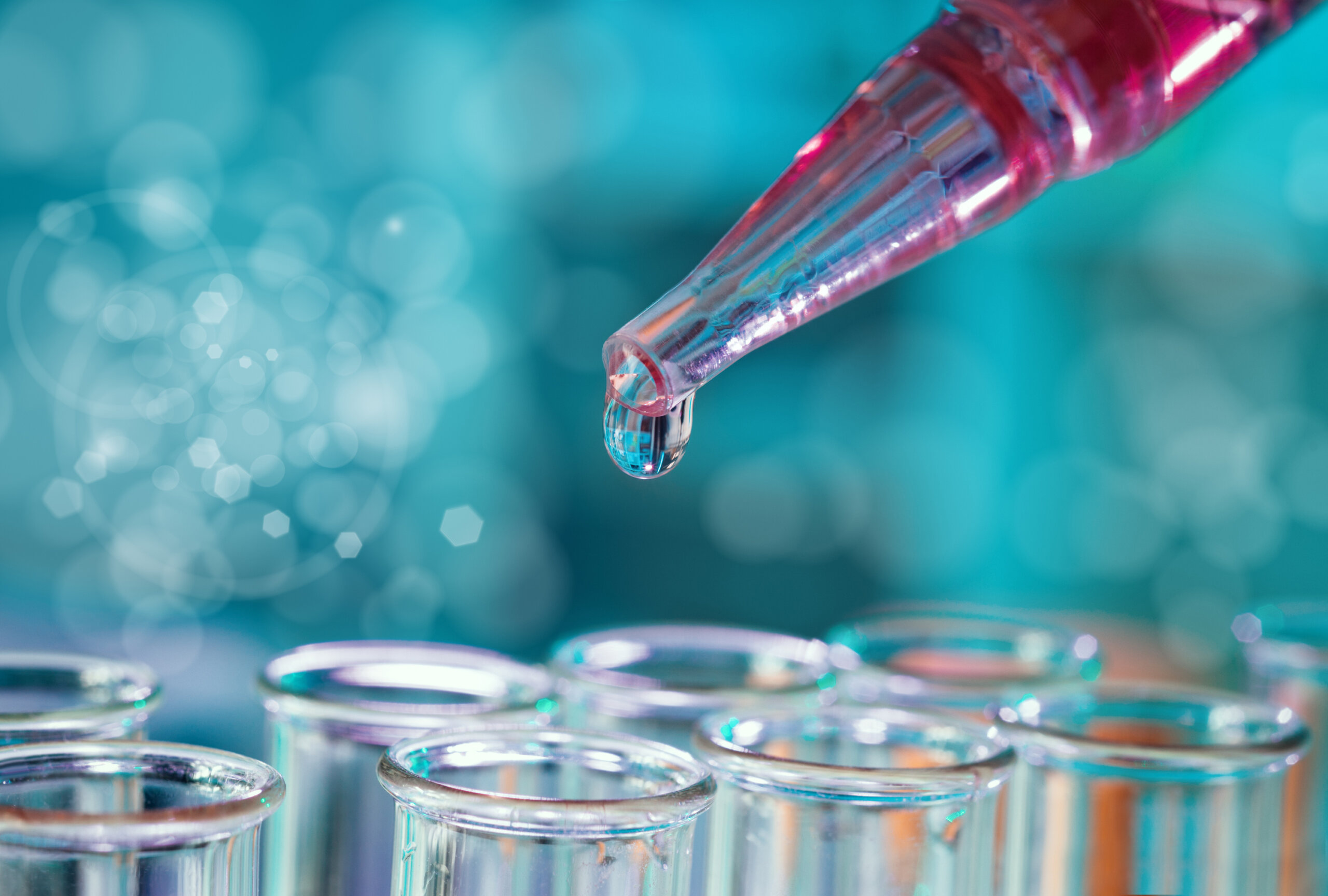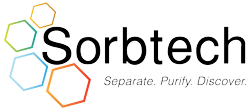Serological pipets, also called graduated or measuring pipets, are common lab tools used to measure and transfer liquids with accuracy. You’ll often find them in chemistry labs, biology experiments, medical research, and clinical testing.
Design and Calibration
Most serological pipets are made of glass or plastic. At the top, they have a bulb or plunger that lets you pull liquid in and push it out. Clear markings on the side, usually in milliliters (mL) or microliters (µL), show the exact volume. To improve control, scientists usually pair pipets with a pipette filler, which makes loading and dispensing smoother.
How to Use Them
First, hold the pipet firmly. Next, use the bulb or plunger to draw the liquid in. When you’re ready to release it, press down gently and let the liquid flow out slowly. This steady motion prevents bubbles, splashes, and errors in measurement.
Care and Cleaning
After each use, wash the pipet with detergent or solvent to keep it clean. Handle it carefully to avoid scratching the volume markings. Also, check its accuracy from time to time with a standard solution. If it no longer measures correctly, replace it right away.
Final Thoughts
Serological pipets are simple but very effective. With the right handling and regular care, they give you reliable results and remain dependable for many lab tasks.
Serological Pipets – Sterile, standard tip, individually wrapped
Serological pipets are for transferring liquids and suspensions with a variety of different viscosities. All pipets are virgin polystyrene, certified pyrogen-free and non-cytotoxic.
- The non-toxic color-coded cotton plugs provide easy size identification
- Manufactured in a state-of-the-art ISO 9001:2000-certified facility
- Convenient one-side-paper, one-side-plastic packaging
- Outer dust-protective bags protect during transport/storage
- Colorless inert polyester-fiber plugs



